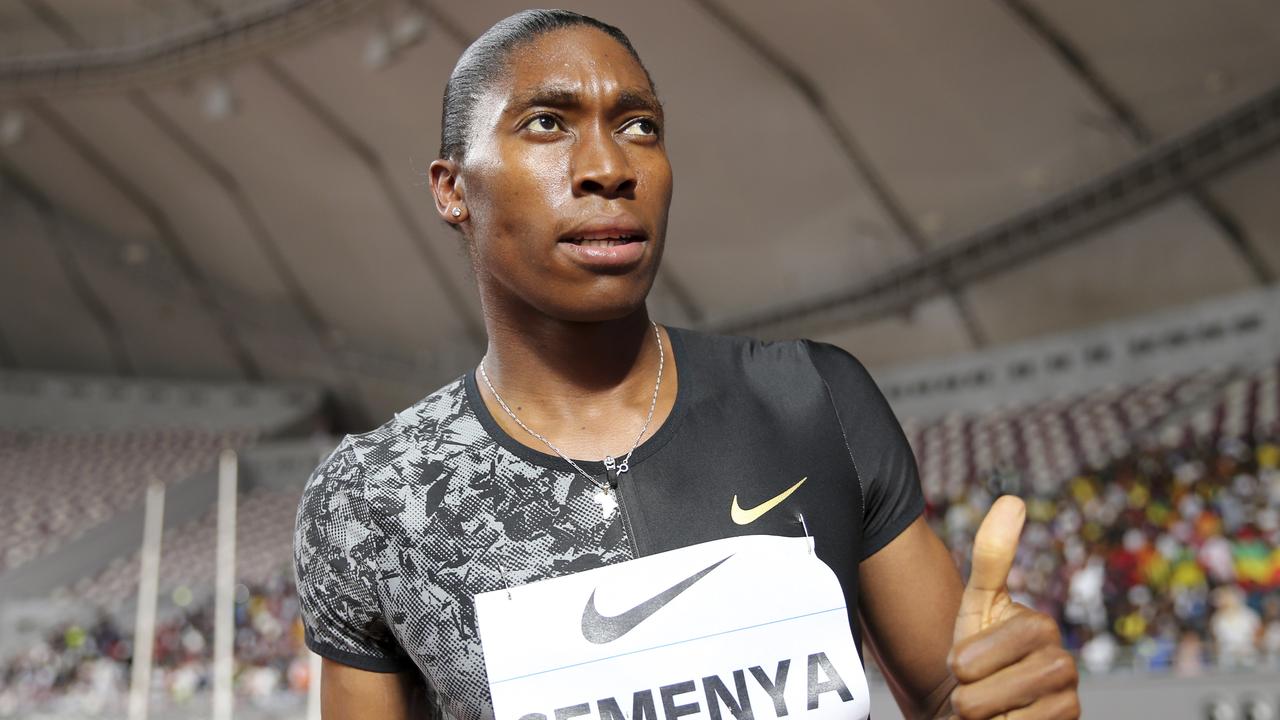Australian Open 2016: Hot times over match-fixing allegations
It is always hot at the Australian Open. Summer in the city. Add in some scandal and the year’s first major is bubbling.

It is always hot at the Australian Open. Summer in the city. As the crowds move along the footpaths to the stadiums at Melbourne Park yesterday the chatter is excited and quick.
What court are you going to? Who will you watch? You can smell the suncream all around you. With the clip clop of feet comes the slip slop of anxious parents.
The top temperature is forecast for 36C. But this year it will be artificially boosted though by a story of the times. Corruption. The Australian website quickly covers a story breaking in London that BBC and BuzzFeed News claimed they have seen secret files exposing evidence of widespread suspected corruption at the top level of world tennis.
“Over the last decade 16 players who have ranked in the top 50 have been repeatedly flagged to the Tennis Integrity Unit over suspicions they have thrown matches,” the BBC claimed.
“All of the players, including winners of grand slam titles, were allowed to continue competing.”
It is a shocking story in the sense that a game might be rigged before your eyes but it is not shocking in the sense of a surprise. All sport now looks to be crooked somewhere at some level. Cricket has its villains. Athletics, football and the Olympics, too.
The AFL and NRL have had players suspended under the world drug code. In Australia the racing industry is all but becalmed by the issue of the performance-enhancing drug cobalt. Please God, don’t mention boxing. Not a word about Lance Armstrong.
The response to yesterday’s tennis rort claims was led by ATP executive chairman and president Chris Kermode. On his left was director of Tennis Integrity Unit Nigel Willerton and on the right was Mark Young vice-chairman of the ATP.
A disparate line of men who could have been racquet stringers for all we know joined them. Maybe they thought the ATP response would have more heft if officials outnumbered journalists. It didn’t.
The ATP news conference was called hurriedly and convened slowly. Then it was ended abruptly because there was much to do. What that next adventure was never became clear given Kermode’s response to the cheating claims.
“The Tennis Integrity Unit and the tennis authorities absolutely reject any suggestion that evidence of match-fixing has been suppressed for any reason or isn’t being thoroughly investigated,” he said.
“And while the BBC and BuzzFeed reports mainly refer to events from about 10 years ago, we will investigate any new information, and we always do.”
If this line of men were in charge of the good name of tennis you couldn’t but feel more than a little uneasy.
Willerton was asked a rather germane question about whether any players were under investigation in the Australian Open. He replied: “It would be inappropriate for me to make comment as to whether any players are under investigation at the present time.”
Why? It would surely be professional to ensure players who have previously been considered dodgy remained under investigation. It would be reassuring to know that international tennis never stops its surveillance. After all it was something that Kermode asked us to believe. “We always do,” he had said earlier.
In fairness, the problem revealed by the BBC and co is not the problem of tennis alone. If all sport is not corrupt it is corrupting. As always and everywhere it is mostly the lure of big and instant rewards through betting. In Olympics it is also the obsession for personal glory and the glory of a nation.
Never has the case for an independent integrity and anti-corruption unit been more timely or cogent. In Australia the AFL-Essendon doping case has proved that comprehensively. It was not until WADA, utterly independent of any AFL pressure, became involved that the case against the 34 past and present players became unmuddled and concise.
The Court of Arbitration for Sport made two stunning points after WADA put its case. Why would Stephen Dank use any form of thymosin other than Beta 4 because that is the only variant of the peptide that would aid in the recovery of footballers? Why did players not tell ASADA testers all the drugs and supplements they had taken? Fresh eyes, instant clarity.
It is time, too, that match fixing, spot fixing, performance-enhancing drug use and any other form of cheating become a criminal offence. Under Labor sports minister Mark Arbib the federal government made a well-intentioned bid to see states introduce cohesive anti-cheating rules. But nothing meaningful came of it.
Under the present rules cheating flourishes. Prison terms must become part of the sporting armoury.
All of this match fixing intrigue was discussed in the media interview room in the tummy of the Rod Laver Arena. Outside the crowd was oblivious to the decaying standards of sport.
The day started with two-time Wimbledon champion Petra Kvitova playing Thailand’s Luksika Kumkhum on Rod Laver Arena.
Kumkhum, ranked 158 in the world, has won nearly $US400,000 in her career, Kvitova, ranked seventh, nearly $US21 million.
Yet Kvitova was nervous. Kvitova had lost to Kumkhum in their only match, a three-set beating in the first round of the 2014 Australian Open. Yesterday the Czech won 6-3 6-1.
“Now, I can breathe a little easier,” Kvitova said after the match.
The pair were followed on court by Camila Giorgi and Serena Williams.
The defending champion came out dressed in a yellow outfit so bright and incongruous it only proved that betting in tennis must be rife.



To join the conversation, please log in. Don't have an account? Register
Join the conversation, you are commenting as Logout